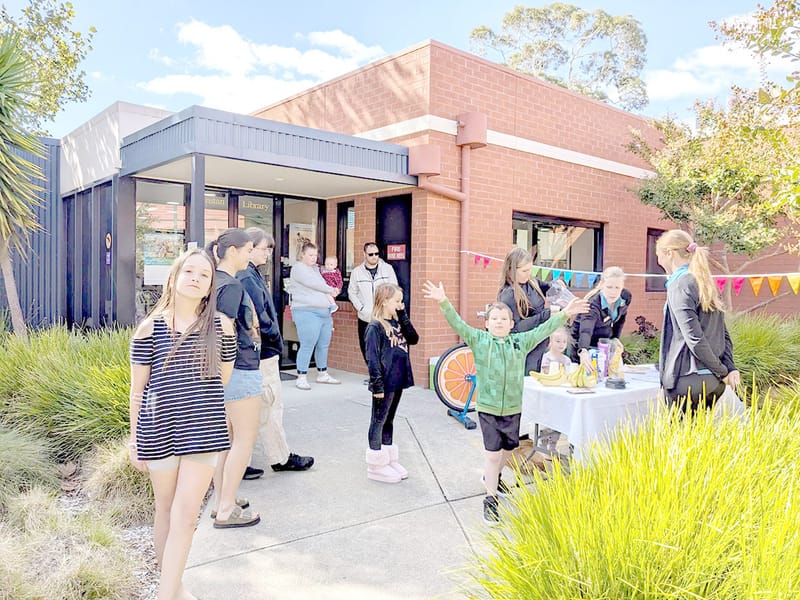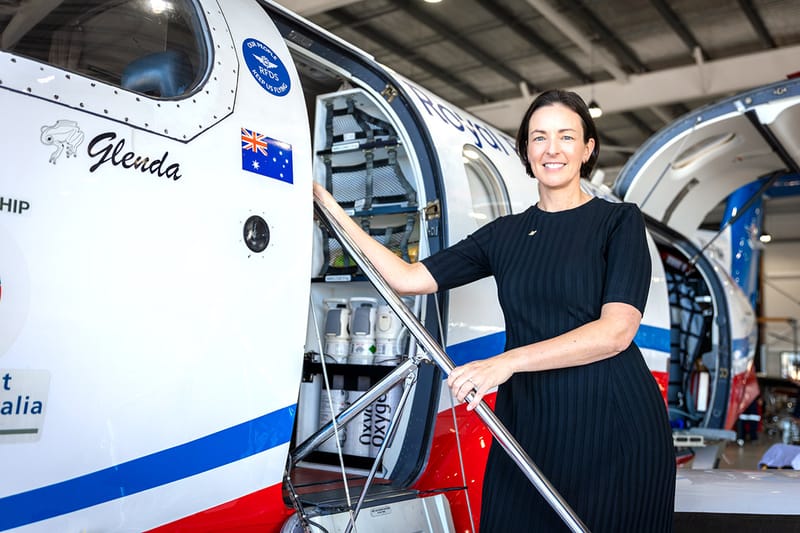COVID-19 Numbers On the Rise Again
In the midst of this cold winter there has been a dramatic increase in COVID-19 positive cases, Covid-related hospitalisations and deaths, causing the government to introduce small changes to the pandemic orders. Public health recommendations last...

In the midst of this cold winter there has been a dramatic increase in COVID-19 positive cases, Covid-related hospitalisations and deaths, causing the government to introduce small changes to the pandemic orders.
Public health recommendations last week implore the community to be vigilant with social distancing, hygiene, vaccinations and mask wearing.
The Omicron BA.4 and BA.5 subvariants, now dominant along the east coast of Australia, are expected to continue to cause increases in new cases, reinfections and hospital admissions, with a 53 per cent increase in the number of Victorians in hospital with COVID-19 over the last two weeks.
With the simultaneous increase in respiratory illnesses like cold and flu, and the COVID-19 health and safety protocols restricting staff availability, it is important that people don’t become complacent, because the pressure on our hospitals and healthcare workers has never been greater.
Masks
While mask wearing wasn’t mandated, it is strongly recommended that, when you are indoors, in crowded settings, if you have any COVID-19 symptoms, are with people who may be vulnerable to COVID-19, visiting a hospital or health service, travelling on public transport, using taxis/ ride share services or in situations where you can’t socially distance, you wear a mask to protect yourself, your family and our most vulnerable Victorians.
Face masks can stop viruses spreading in the air when you talk, cough, sneeze and laugh, which lowers your chance of spreading or catching the virus. Masks can be obtained from your local neighbourhood house if you are having trouble sourcing masks.
Fourth Dose
Also, as of this week, anyone over 30 is eligible for a winter (fourth) dose of the COVID-19 vaccine.
In addition to over 30s, the winter dose is also available to people aged 16 years and above who are severely immunocompromised, residents of aged care or disability care facilities, people aged 16 years and above who have a medical condition that increases the risk of severe COVID-19 illness and people aged 16 years and above who have disabilities with significant, complex, or multiple health issues, which increase the risk of poor outcomes from COVID-19 infection.
You can receive the winter dose three months after your third dose or after being infected with COVID-19 if the infection has occurred since your third dose.
In line with AHPPC advice, the period when someone is considered a recently confirmed case (and therefore exempt from testing and isolation/quarantine requirements) has been revised to four weeks, down from 12 weeks. This reflects the emerging evidence that new variants of COVID-19 can evade prior immunity gained from infection.
Isolation
Community members who test positive are still required to isolate for seven days from the day they took their test, for example, if you tested on Tuesday, you must isolate until the following Tuesday.
An additional reason to leave home during isolation now includes providing transport for a household member to obtain food, if essential. The infected person will need to remain in the car and wear a face covering at all times.
The Minister for Health is requesting that employers reconsider working from home arrangements that are most appropriate for their workplace and employees based on individual requirements.
Most people who have become infected with the virus are experiencing mild to moderate symptoms and haven’t needed any medical assistance. However, some people have been very sick, even those who are generally fit and healthy.
Older people, people with pre-existing conditions and people with compromised immunity are at a higher risk of experiencing severe illness and we need to protect them as much as we can.
Prevention
The best way to prevent and slow the spread of the virus is to get vaccinated, maintain 1.5m, wear a face mask, have good hygiene, and be well informed about the disease.
Bringing outdoor air into your home or business also helps keep COVID-19 virus particles from accumulating inside. Open as many doors and windows as possible to bring outdoor air into your home. While it is better to open windows as wide as possible, even having a window open slightly can help.
Also, it is essential to maintain your physical distance, and as much as we have missed giving friends and family a hug or kiss, it is wise to minimise contact while the infection rates of COVID-19 are still high.
Smile or Wave
Greet people with a smile or a wave, do not shake hands, hug, or kiss as a greeting. Stay 1.5 metres away from people where you can, avoid crowds, especially indoors, when waiting in line or walking through busy areas, be patient, give others space so they can give you yours.
The Victorian Government is providing Victorians with more advice on how they can protect themselves and their families this winter, with enhanced communications, community engagement and out-reach, and support for business to keep customers and workers safe and their doors open.
For more information about how to fight COVID-19 and stay well this winter visit coronavirus.vic.gov.au or call into your local neighbourhood house.







